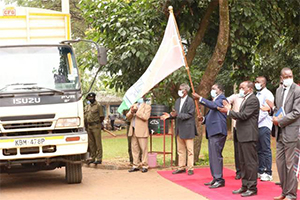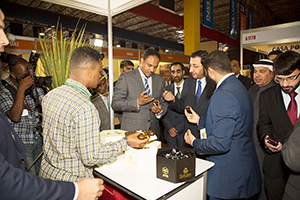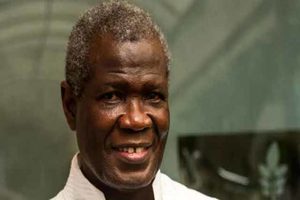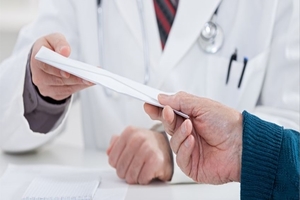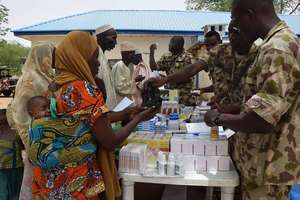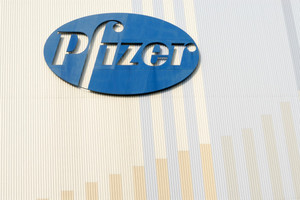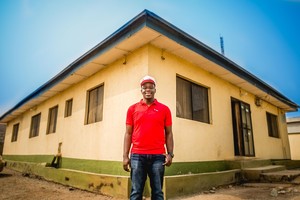Health services are set to improve after the Kenya Medical Supplies Authority (KEMSA) under the Universal Health Care (UHC) programme delivered to Vihiga County a consignment of drugs and non-pharmaceuticals worth Sh.36 million.
An elated Governor Dr. Wilber Ottichilo, accompanied county government officials including his Deputy Dr. Patrick Saisi and County Executive Committee Member (CECM) for Health Dr. Amos Kutwa, flagged off the drugs to various health facilities at the County headquarters in Mbale town.
The brief flagging off ceremony was also graced by Mr. Charles Ouma, KEMSA representative. Speaking at the event, Governor Ottichilo expressed gratitude to the National Government through the Ministry of Health for what he described as continued support toward enhancement of the county health sector.
“Since I took over power in 2017 we have developed a better working partnership with the Ministry of Health,” observed Ottichilo. The governor noted it was due to the good relationship that Vihiga was now among top counties to receive supplies from KEMSA this year, unlike in the past. He exuded confidence the partnership would grow even stronger.
“This time we are on number two after Lamu County to receive drugs and accompanying non-pharmaceuticals from KEMSA under the Universal Health Care programme,” said Ottichilo who thanked the county health technical team for closely working with KEMSA for realization.
The county boss further hailed the UHC for enabling the recruitment of 167 health workers, among them nurses, who are set to join the county health department. “We really appreciate all these efforts, which are geared toward boosting provision of health services to Vihiga County residents,” stated Ottichilo.
Ottichilo reaffirmed his administration’s full support to health workers who are on the frontline as the world fights the novel Covid-19 pandemic that continues to claim live. “I am happy to announce the finance department is processing our health workers risk allowances to the tune of Sh. 28 milion,” he disclosed.
The governor urged the locals to continue adhering to health protocols currently in force in order to curb spread of the contagious coronavirus in the county. Deputy Governor appealed to the county health staff to put the medical supplies to prudent use for the benefit of Vihiga residents. On his part, Health CEC Dr. Kutwa appreciated the role played in developing the county health system. He revealed the department was in the process of recruiting about 440 Community Health Workers (CHWs) through the Universal Health Care. Ouma urged the people of Vihiga to continue supporting the governor and his team for better service delivery across all sectors.

